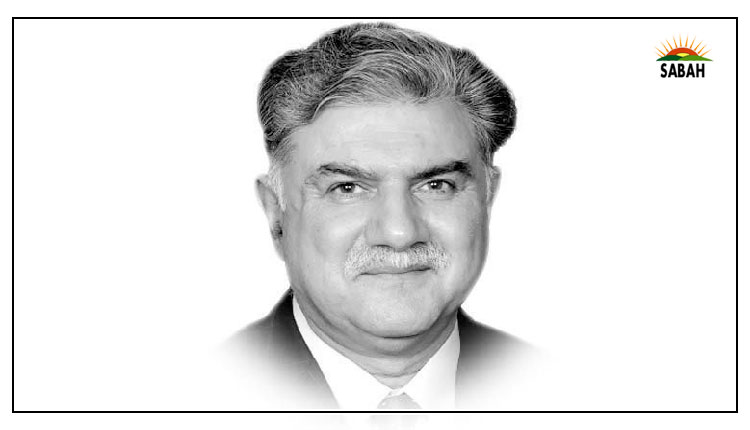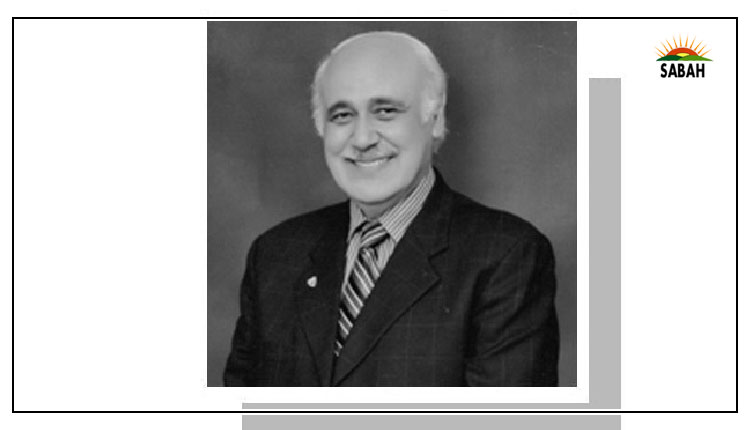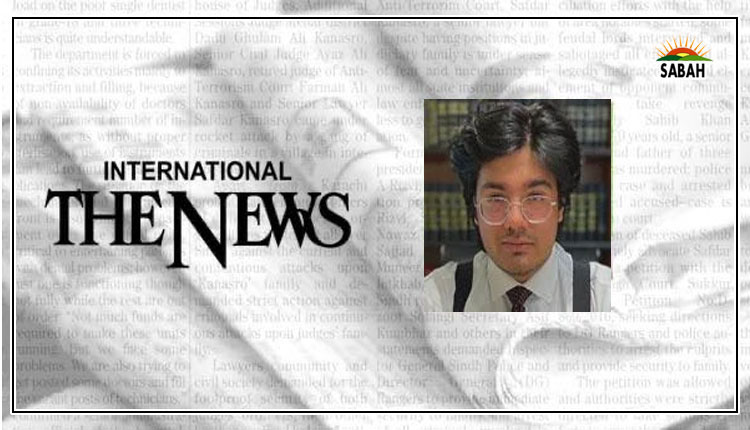A Legacy Beyond Tenure: The Lasting Impact of Reputation and Honor … by Muhammad Mohsin Iqbal
The tenure of a leader or an official is marked not only by the responsibilities they shoulder but also by the legacy they leave behind. Reputation and the honors earned during these years hold an enduring value, often transcending the boundaries of time and geographical borders. In any field—be it politics, bureaucracy, academia, or business—individuals who exhibit integrity, dedication, and remarkable achievements earn a place in history. Their contributions become points of reference, inspiring generations long after they have stepped down from their roles. This phenomenon is particularly evident in public service, where a leader’s vision and decisions can influence the lives of millions, shaping the destiny of nations and communities.
Reputation, a fragile yet invaluable asset, is built over time and can be dismantled in a moment. It is the cumulative result of consistent actions, ethical conduct, and commitment to a cause. A person who diligently serves with sincerity and responsibility gains respect, not only from colleagues and peers but from society as a whole. This respect and admiration endure, becoming a form of unofficial honor. While many may view honors as medals, awards, or ceremonial recognitions, the true honor often lies in how people remember a person’s contributions. These memories, passed down through narratives, shape an individual’s legacy, influencing perceptions and establishing benchmarks for future generations.
In countries like Pakistan, where political and bureaucrat figures have played crucial roles in shaping the nation’s identity, the legacies of certain leaders remain vivid. Figures like Quaid-e-Azam Muhammad Ali Jinnah are celebrated for their foresight and unwavering commitment to Pakistan’s creation. His tenure as the leader of the freedom movement, his speeches, and his decisions have become iconic, remembered not just for what they achieved in the moment, but for the foundation they laid for an independent, sovereign state. Similarly, figures in the bureaucracy Mr. Shahab ud Din, often revered as one of Pakistan’s most esteemed bureaucrats, stands out for his reputation and honor in the country’s civil service. His legacy is beautifully captured in his autobiographical work, Shahabnama, which offers readers a unique glimpse into both his personal life and professional experiences.
Honors earned during a person’s tenure do not merely serve as personal achievements; they are symbols of collective pride. When a leader or official accomplishes something of great value, it becomes a shared honor for the entire community or nation they represent. Their achievements resonate with the values, strengths, and aspirations of the people, becoming a source of inspiration. In the international arena, these honors contribute to a country’s image and credibility. Leaders who leave office with an untainted reputation add to their nation’s soft power, creating goodwill that benefits future generations. A country known for its dignified and accomplished leaders is more likely to be respected and trusted on global platforms, and this trust can translate into diplomatic, economic, and social advantages.
However, the reputation and honors of a tenure must be nurtured through a constant commitment to ethical standards and principles. One mistake, if severe enough, can overshadow years of dedicated service, leading to a tarnished legacy. This is why public figures are often under intense scrutiny, with their actions and words dissected by the media and the public. In this age of digital information, where news spreads rapidly, maintaining a good reputation has become even more challenging. Yet, those who successfully navigate these challenges, staying true to their principles and goals, emerge with a legacy that few can dispute.
The memories of a reputable tenure can also serve as a form of guidance for those who follow. When a respected figure leaves office, their successors often look back at their accomplishments, failures, and decisions to draw lessons. These historical insights provide a blueprint for the future, offering examples of what can be achieved through determination and vision. For instance, young politicians may study the tenure of celebrated leaders to understand how they managed crises, made tough decisions, and maintained the trust of the people. Similarly, in the bureaucracy, officers may look to the examples set by renowned quality of administrator to guide their conduct and strategy. The continuity of these values ensures that the honorable legacy of a tenure is not only remembered but also emulated.
In essence, the reputation and honors earned during a tenure serve as a testament to an individual’s impact on their community or nation. They embody the ideals of responsibility, dedication, and integrity, qualities that are cherished and valued across cultures and generations. The memories of such tenures are often immortalized in the stories told, in the admiration expressed by others, and in the standards set for future leaders. People are drawn to these stories, not just because they celebrate an individual but because they reflect the human potential for greatness.
For a leader or official, knowing that their actions will be remembered can serve as a powerful motivator, encouraging them to pursue excellence with sincerity and accountability. Eventually, while positions of authority may be temporary, the influence of a commendable tenure is long-lasting. It reminds us of the importance of integrity and the impact one individual can have on society. In a world where trust in leadership is increasingly questioned, these enduring reputations provide hope, offering proof that honorable service is not only possible but profoundly impactful. Thus, the honors and reputation earned during a tenure become more than memories; they become a part of the collective consciousness, shaping the path forward for generations to come.












